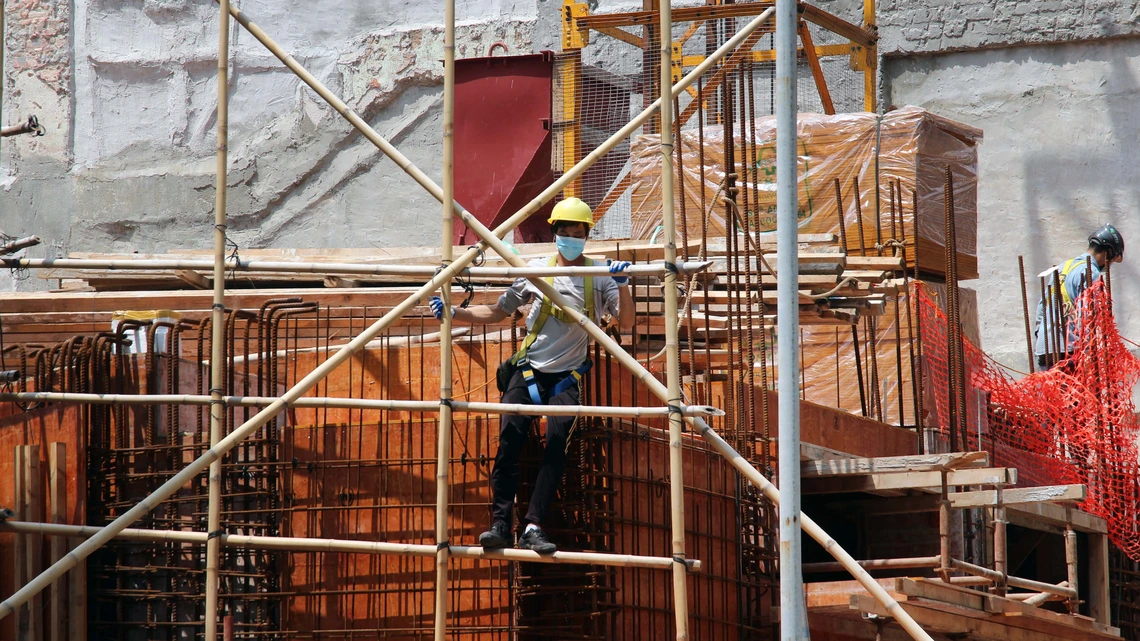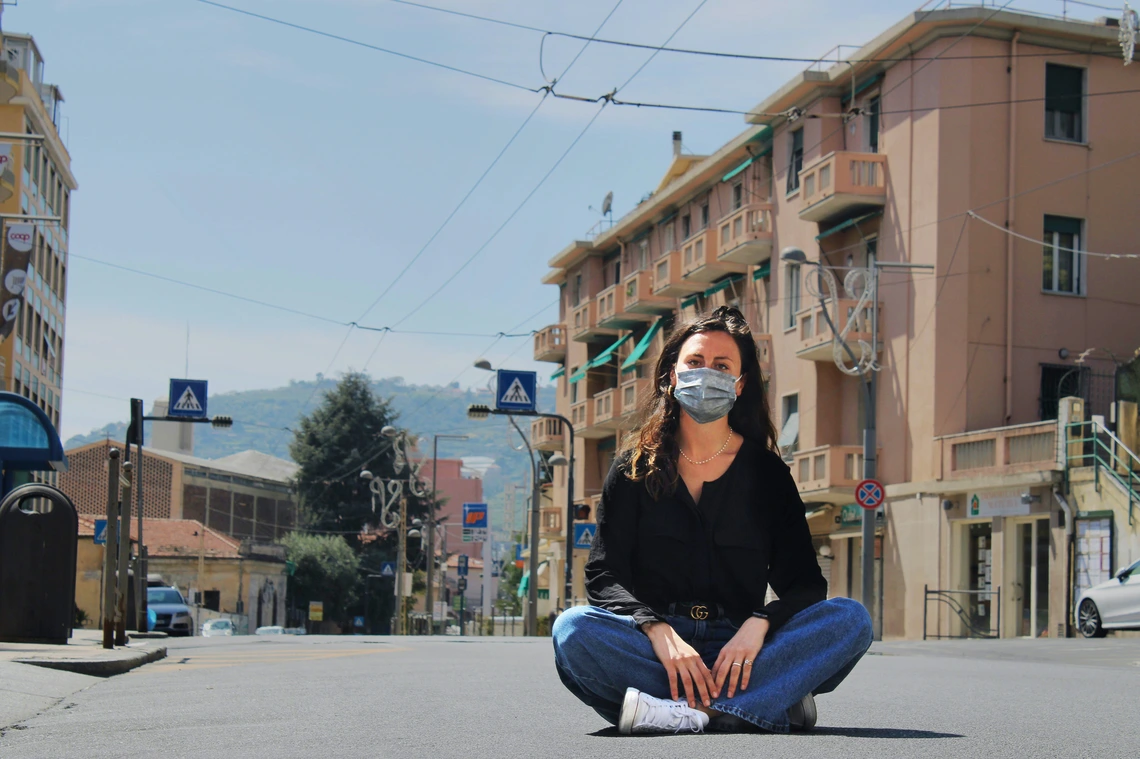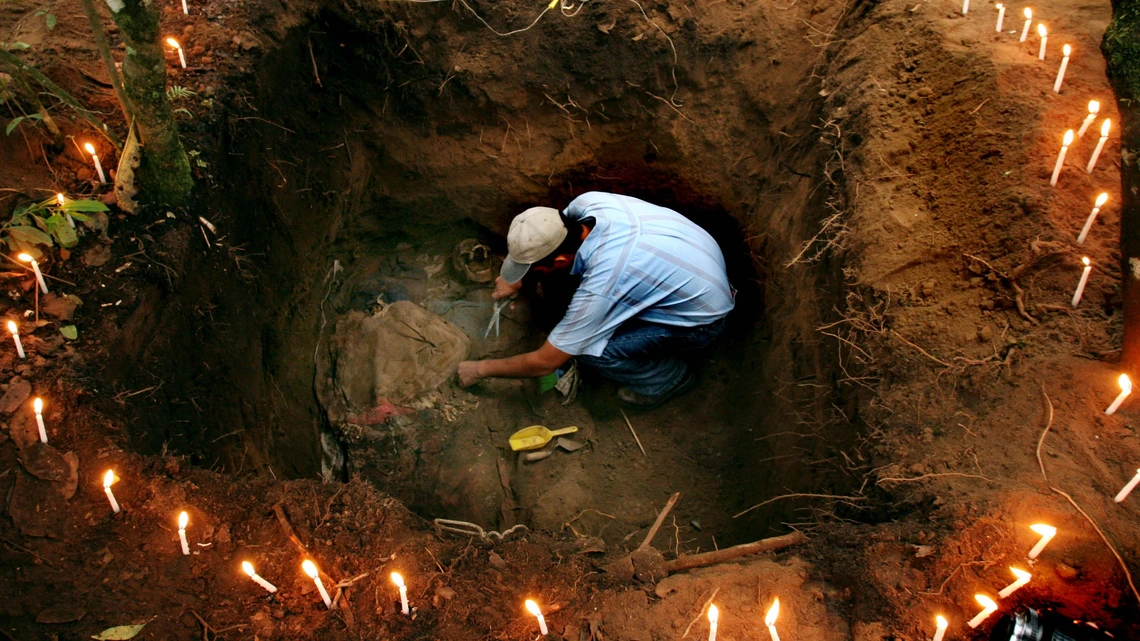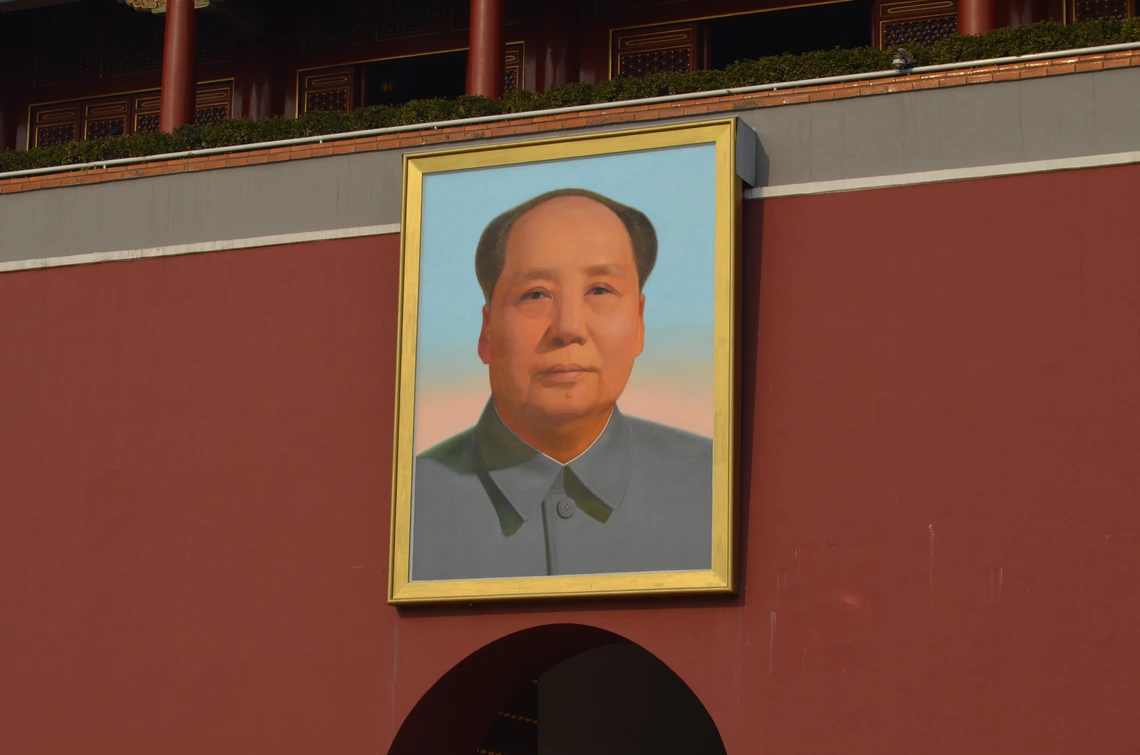Human Rights Crises during COVID-19

In this very timely, seven-week course community members will study, without pressure of graded assignments, alongside University of Arizona graduate students enrolled in the Human Rights Practice program. The course is taught entirely online by Journalism Professor Margaret Zanger, an expert on covering and teaching about international crises.
The course will explore human rights repercussions globally stemming from the COVID-19 pandemic. This pandemic presents an era-defining challenge to public health and the global economy, but also to the protection of the human rights of vulnerable peoples such as migrant workers, prisoners, refugees, activists, women, and children. While restriction of some rights (freedom of movement, for example) may be necessary in some crises, and to ease a pandemic, the situation is ripe for more severe and long-term opportunistic curtailment of human rights in a number of countries. A global crisis like a pandemic also strains the international crisis response systems and further debilitates vulnerable populations.
In this learner-centered course, community participants will have access to almost all of the course materials from the graduate class including readings, lectures, and videos, and will be able to choose the level of their participation:
1) Access to video-conference lectures by leading stakeholders on the ground from around the globe.
2) Access to weekly discussion boards with a dedicated coordinator (Dr. Amalia Mora)
3) Access to synchronous and asynchronous video conferences with the course instructor
4) Access to presentations prepared by the enrolled graduate students
5) Opportunities to take action to advance human rights
Weekly schedule:
- By Monday evening of each week a video introduction on the week’s topic and/or a recap of the last week will be posted along with a relevant list of readings, video documentaries and podcasts.
- Toward the end of each week we will host a guest discussant and will include community members live to the extent possible. Certainly, a video of the conversation will be posted ASAP for community members.
- The course coordinator or instructor will facilitate a discussion on the week’s topic during the week or beginning of the next.
A typical week includes:
- A 15 to 30-minute video introduction to the weekly theme and a wrap up of the last week from the instructor
- A 60 to 90-minute online talk and discussion by a guest activist
- A weekly online discussion board moderated by the course coordinator
Readings and Syllabus
Dr. Amalia Mora will be the coordinator in this class and will facilitate the access of the course materials, lead discussion boards, and host synchronous video conferences throughout the course. Once participants are registered, they will be connected with Amalia and be sent instructions on how to access materials.
Registration
Refunds are available and need to be requested before or by May 25. To drop a class, please contact Kerstin Miller at 520-621-5111 or sbs-communitymatters@email.arizona.edu. A $25 administrative fee for each cancellation will apply.










